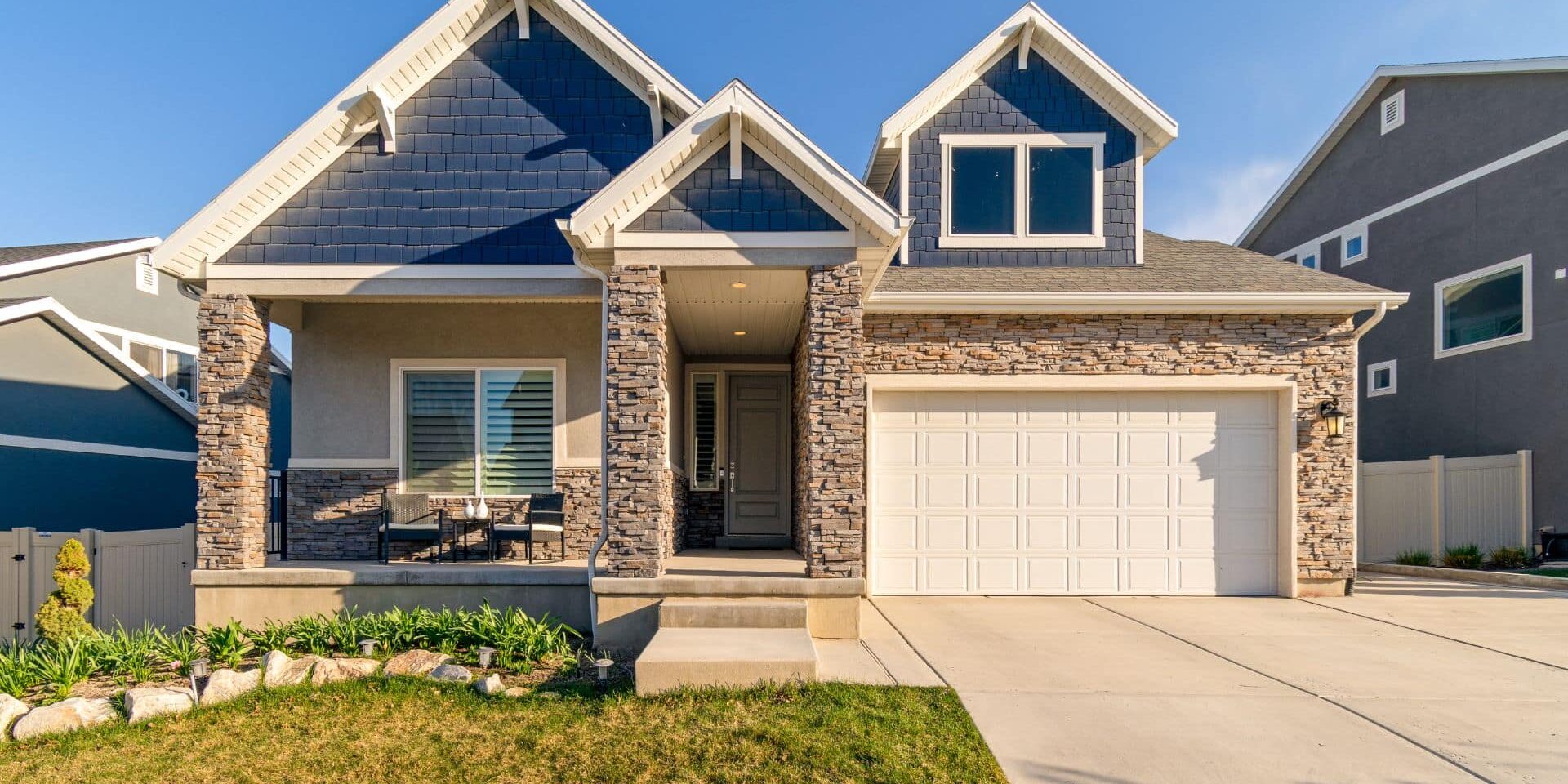Your garage door might not be the first thing you think of when considering home energy efficiency, but it plays a significant role in your energy consumption, especially in Northern Virginia’s variable climate. A poorly designed or maintained garage door can lead to heat loss, higher energy bills, and discomfort. At Top Choice Garage Doors, we’ve seen how the right garage door can make a difference. Here are five unexpected ways your garage door impacts home energy efficiency and how to optimize it.
1. Insulation Quality Affects Heating and Cooling
Standard metal garage doors without insulation can act like a sieve, letting warm air escape in winter and hot air seep in during summer. Insulated doors, using materials like polyurethane or polystyrene, create a thermal barrier to reduce energy transfer. This is especially critical for attached garages that share walls with living spaces. Upgrading to an insulated door from Top Choice Garage Doors can lower heating and cooling costs by maintaining stable indoor temperatures.
2. Weatherstripping Prevents Air Leaks
Even an insulated garage door won’t perform well if air leaks through gaps. Weatherstripping seals around the door’s edges keep out drafts, moisture, and outdoor temperatures. In Northern Virginia’s chilly winters, worn or missing weatherstripping lets cold air infiltrate, forcing your HVAC system to work harder. Regularly check and replace cracked or brittle weatherstripping. For more cold-weather prep tips, visit our blog post on Garage Door in Winter.
3. Door Material Influences Thermal Performance
The material of your garage door impacts its energy efficiency. Insulated steel doors excel at resisting temperature changes, while uninsulated aluminum or wood doors are less effective. Wooden doors, though attractive, may warp or crack, creating gaps that reduce efficiency. At Top Choice, we recommend insulated steel or composite doors for homeowners in Stafford and Fredericksburg, balancing durability and thermal performance for year-round comfort.
4. Proper Maintenance Reduces Energy Waste
A garage door that doesn’t close properly or has damaged panels can compromise energy efficiency. Misaligned tracks, worn rollers, or broken springs cause gaps that let air escape or enter. Regular maintenance, like lubricating parts and checking alignment, ensures a tight seal. Top Choice Garage Doors offers expert repair services, as praised by customers like Russell Greenwell for our thorough approach. Neglecting maintenance can increase energy bills and lead to costly repairs.
5. Smart Openers Optimize Usage
Modern smart garage door openers indirectly boost energy efficiency by managing door usage. Leaving the door open unnecessarily allows conditioned air to escape. Smart openers with auto-close timers and smartphone alerts ensure the door stays closed when not in use. Integrating these with home automation systems further optimizes energy use. Learn more about smart technology in our post on Garage Door Cameras: The New Frontier in Home Security.
Your garage door is a key player in home energy efficiency. By choosing an insulated door, maintaining weatherstripping, selecting the right material, keeping up with repairs, and using smart technology, you can reduce energy waste and lower bills. At Top Choice Garage Doors, we specialize in energy-efficient solutions for Northern Virginia homes. Contact Top Choice Garage Doors today for a consultation or to schedule maintenance, and make your garage door a partner in energy savings.
Recommended Reading: What to Do if You Back Into Your Garage Door







